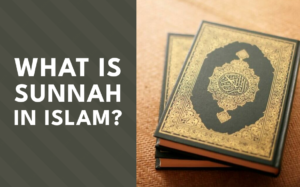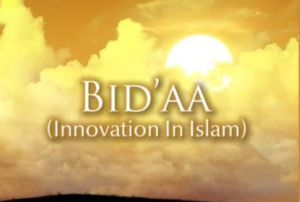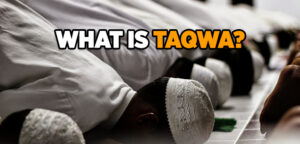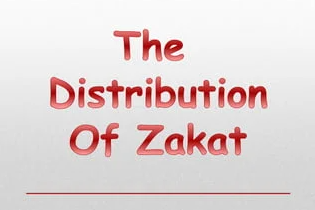
Those who may receive Zakah
Ulama Institute #1
Looking to learn Arabic or memorize the Quran?
Check our Trusted Teachers

There are eight recipients of Zakah. Allah mentions them in the Qur’aan when He says:
إِنَّمَا ٱلصَّدَقَـٰتُ لِلْفُقَرَآءِ وَٱلْمَسَـٰكِينِ وَٱلْعَـٰمِلِينَ عَلَيْهَا وَٱلْمُؤَلَّفَةِ قُلُوبُهُمْ وَفِى ٱلرِّقَابِ وَٱلْغَـٰرِمِينَ وَفِى سَبِيلِ ٱللَّهِ وَٱبْنِ ٱلسَّبِيلِ ۖ فَرِيضَةًۭ مِّنَ ٱللَّهِ ۗ وَٱللَّهُ عَلِيمٌ حَكِيمٌۭ (٦٠)
*Zakah expenditures are only for the poor and for the needy and for those employed to collect (Zakah); and for bringing hearts together [for Islam] and for freeing captives [or slaves] and for those in debt and for the cause of Allah’s, and for the [stranded] traveler – an obligation [imposed] by Allah. And Allah is Knowing and Wise. [Soorat at-Tawbah:60]
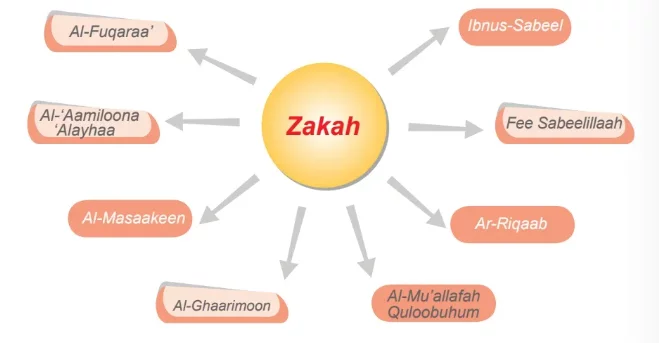
Al-Fuqaraa’ – The first category of people that may receive Zakah are the poor. This is the person who does not possess sufficient wealth to fulfill his daily needs and that of his family. They are extremely poor and do not know where the next meal may be coming form. They lack basic needs such as food, clothing, drinks and housing and as such are eligible for Zakah.
Al-Masaakeen – The second category of people on whom Zakah is incumbent is the needy. They are slightly different from the fuqaraa’in that where the fuqaraa’have absolutely nothing, the masaakeen have a little to fulfill some of their basic needs but they are nevertheless poor.
Al-‘Aamiloon ‘Alayhaa – They are those who are involved in working with Zakah. They collect the Zakah and see to the administrative side of it. In an Islamic state, Zakah workers will be paid a wage from Zakah even if they have sufficient money.
Al-Mu’allafah-Quloobuhum – The fourth group of people who may receive Zakah are those whose hearts are to be reconciled with faith. This group could be newcomers to Islam, or non-Muslims who are sympathetic to Islam. Whether this group is to be paid from zakah or not depends on whether their support is needed or not. The Zakah that is given is intended to soften their heart and to encourage them to abide by Islam.
Ar-Riqaab – Another group of people for whom Zakah can be made available are slaves. This refers to that Muslim slave who has an agreement to purchase his/her freedom.
Slavery is reminicent of a time in human history when it was an internationally accepted practice to take prisoners of war as slaves. This practice precedes Islam by many years. Islam shows great eagerness and encourages the freeing of slaves and captives. The fact that Islam allows Zakah to be used for freeing slaves is sufficient proof that it values and promotes freedom. Ultimately, Islam aims to take people out of slavery.
Al-Ghaarimoon – The sixth group of people to whom the giving of Zakah is allowed are those who are indebted. This refers to a person who has a debt that was not acquired by being disobedient to Allah ﷻ and His Messenger ﷻ This person may be given the amount to cover the outstanding debt from Zakah.
Fee Sabeelillaah – Zakah may be spent in the cause of Allah. This means that Zakah may be given to those who are out striving in the path of Allah ﷻ . This refers first and foremost to those that are engaged in the path of Allah defending the Muslim state. It would also include the student who is traveling and striving in the path of Allah ﷻ . That person who has dedicated his life to da’wah (calling to the oneness of Allah) may also be included here.
Ibnus Sabeel – The one who becomes needy while traveling and cannot reach his/her destination without financial assistance. This is applicable to any traveler regardless of whether he/she has sufficient means in his/her place of origin.
There are a few additional rules governing the disbursement of Zakah. They are:
- It is in important to make a clear and definite intention prior to giving the Zakah.
- It is important to note that preference should be given to those who need Zakah the most. Zakah may not be given to the dependants of the person who is liable for giving Zakah, such as the parents, children or wife.
- It is better not to take Zakah from one country to another except where there are no poor people in that country or the need for Zakah is greater elsewhere.
- Zakah has to be given into the possession of the eight recipients mentioned above. It cannot be spent on providing facilities for such people.
Allah ﷻ has made spending Zakah permissible on Muslims who fall within specific categories and Allah’s power and wisdom is reflected in the rationale that accompanies the outline of each group.



